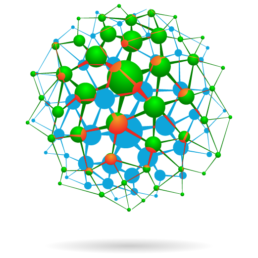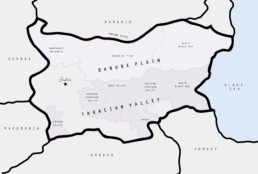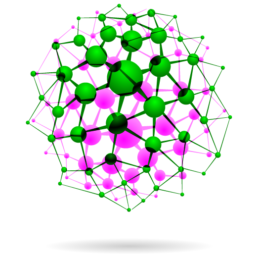“Wine is the most healthful and most hygienic of beverages.”
- Louis Pasteur, French microbiologist and chemist
No one would know the truth of that statement better than Pasteur who is regarded as the Father of Modern Winemaking. By applying the science of microbiology to winemaking, he made possible the wine industry we know today.
Additives & Processing Aids We Use
Additives & Processing Aids We Don’t Use

GRAPE JUICECONCENTRATE

ANIMALPRODUCTS

ROUNDUP
We at Bulgariana take Pasteur’s words to heart. Our mission is to bring you products that measure up to the standards reflected in his quotation.
Wine quality starts in the vineyard. We source our grapes only from vineyards that follow sound viticulture practices and produce high quality grapes. These grapes, combined with Bulgaria’s long and storied wine tradition (dating back to the (xx) century) and the country’s outstanding winemaking facilities made possible by European Union investment, ensure that Bulgariana wine can compete with the best in the world.
By using only high-quality grapes, Bulgariana avoids the need to add grape concentrate or other products to bolster deficient color and flavor that is typical of wine produced from grapes grown in vineyards where high yield is preferred over high quality.
Fermentation is where winemaking begins. That’s the process by which the sugar in the grapes is converted to wine. Yeast is what makes that happen and we use cultured yeasts that have been specially developed to produce high quality wine. We also supplement the sulfur dioxide that is a natural by-product of fermentation in order to protect the infant wine from spoilage. In the event the yeast has to be nourished to complete the fermentation process, we use only organic nutrients.
Wine often has to be clarified or fined – made clear — before it is bottled so it does not undergo undesirable changes in the bottle. We use bentonite, a natural clay formed from volcanic ash, to remove the unwanted proteins that naturally occur during fermentation. It and the proteins to which it binds are removed before bottling to ensure the wine is clear and clean. We use PVPP for the same purpose in some of our white and rose wines. Like bentonite, it is removed before bottling.
Bulgariana doesn’t use egg whites or gelatin to clarify or fine our wines, although their use is common throughout the world. It’s one of the ways we ensure that our products are vegan-friendly.
Finally, as a precaution, Bulgariana does not source grapes from vineyards that use the herbicide Roundup because of health concerns associated with that product.
“The mysterious eastern end of Europe is a landscape with an authentic history, unique grape varieties and something genuinely different and exciting to offer the wine world”
- Caroline Gilby, Master of Wine
Bulgarians are very proud of their wine. Wine is ingrained in every fiber of Bulgarian culture, from history to language and religion.
Remnants of winemaking in Bulgaria can be traced back 6,000 years. It is believed that the first wine appellation ever documented was within Bulgaria’s borders––known as Lower Moesia & designated as protected by 2nd century CE emperor Antonius Pius.
The country’s southern region, the Thracian Valley, pays homage to its Thracian roots. Thrace was an ancient territory encompassing parts of modern-day Bulgaria, Greece & Turkey and home to tribes known for their winemaking prowess.
Bulgaria’s wine regions lie between the 41st and 44th parallels –– think Rioja to Tuscany–– just degrees away from other famous regions like Bordeaux, Rhone, Piedmont, Willamette Valley, Sonoma and Napa, and receives the same 2,200 to 2,500 sunlight hours per year ideal for grape growing.
Mainly an agricultural country, Bulgaria has fertile soils and comparatively inexpensive land and labor, allowing for great quality wine production at affordable prices.









